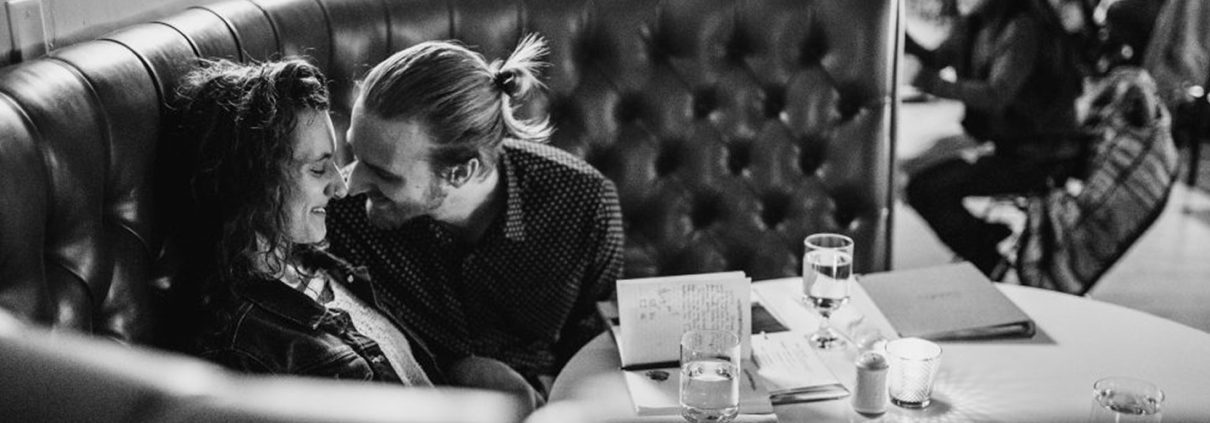“That they Might Be One”: Ecumenical Marriages
When a Catholic and a non-Catholic marry one another, obvious differences in doctrine, worship, or personal piety inevitably lead to tension. So how can an ecumenical marriage thrive?
You were drawn to this person in particular, not their religion in general.
A few years ago, Annie and Stephen met while dancing like fools at a friend’s wedding. As time went on they bonded as fools for Christ, she a Catholic and he a Protestant. Despite denominational differences, they both cared about healing the world, finding joy in every day, and earnestly doing the will of God. Last year they were married, and sharing their life in marriage has only intensified their common commitments.
We aren’t always attracted to people in our churches. Religious compatibility and marital compatibility are two different things. Even spouses of the same religion enter into a marriage because this particular person helps the other become holy.
No matter how much religion unites us, we must also remember that every person’s prayer life is radically unique. Each of us has a mysterious relationship with God that no one else can ever enter into. As the poet Rainer Maria Rilke said, “Love consists of this: two solitudes that meet, protect, and greet each other.”
Your denomination is an adjective, not a noun.
Fundamentally, we are all Christians. “Catholic”, “Protestant,” “Orthodox,” or any other denominational names just specify what kind of Christian we are. Often we assume we have different faiths rather than different expressions of the same faith. But long before spouses had any kind of romantic commitment, they were already committed to one another through a common baptism.
Within a healthy marriage the man and woman both make up what the other lacks: the same goes for an ecumenical marriage. The spontaneity of Stephen’s Protestant background enlivens Annie’s contemplative Catholic piety, just as much as Stephen finds grounded-ness in the order and symbolism of Annie’s Mass. Each tradition has something to give to the other.
Getting involved in each other’s communities especially helps unite spouses if one cannot participate fully in the other’s liturgy. Helping with coffee hour, weekday Bible studies, or volunteer events help everyone set aside denominational differences in order to grow together as Christians.
Resist the desire to change the other person.

Annie and Stephan, photo courtesy of Caedy Convis Photography
Stephen said that whenever the phrase “I wish you would just…” comes into his head, he kills it immediately. Often ecumenical spouses entertain fantasies that this spouse will enter RCIA and receive communion with the rest of the family, or that this spouse will embrace the other’s style of worship. But do we really want the other person to grow, or do we just want them converted to our way of doing things?
You can’t build a relationship with someone you’re trying to fix. Don’t enter an ecumenical marriage with a chip on your shoulder or a passion for apologetics. Remember, marriage exists for your salvation and healing—you’re the one who needs to change.
Ecumenical marriage thrives for the same reasons any marriage thrives.
We aren’t supposed to run from difficulties, but nor should we shrug and belittle them. “It pains us to talk about this, because these are real struggles for us,” Stephen said. “Honestly, I wouldn’t suggest this to anyone,” said Annie, “unless it’s the will of God.” No matter the religion, all spouses need to hear the other person out, set aside their preoccupations or anxieties, and be sure that, as Annie says, “this is what God wants for us.”
Article contributed by Thomas Whitman. Photography by Caedy Convis Photography.



